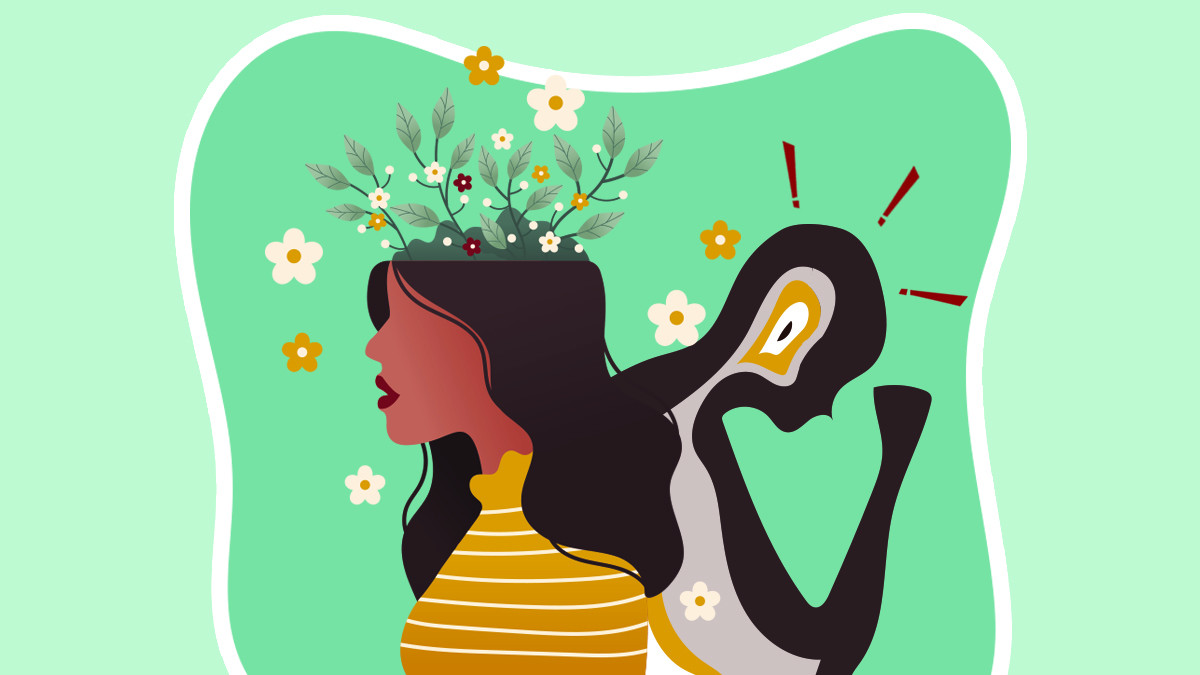
Mental Health Consideration in Facing COVID-19
Mar 27, 2020 • Services
Amidst COVID-19, stricter implementation of self-solation and social distancing has been taken action including mass cancellations, closing of school, private, and government buildings, in aim to contain the COVID-19 outbreak. This may have also caused a breakout of frustrated and stressed out people. People may be developing feelings of fear, stress, worry, and isolation which are natural when facing threats that beyond our control. In this time of crisis, people may perceive and react differently to the situation and it can be overwhelming for some.
While this time of crisis is generating fear, stress, and stigma (mainly for the infected), it is important that we are aware of our mental health in facing this pandemic. The more stress we’re under, the more our immune system’s ability to fight off antigens is reduced, as said by Shilagh Mirgain, a psychologist at UW Health. This interaction exists as stress hormone cortisol reduces functioning of the immune system, by suppressing the production of both T-lymphocytes and antibodies, which leaves body more vulnerable.
In light of this, the Mental Health Division Manager of Rwanda Biomedical Centre (RBC); Dr Yvonne Kayiteshonga suggested ways that individual and society can help those around them not to be sucked into negativity.
Here are the tips:
Protect the Affected
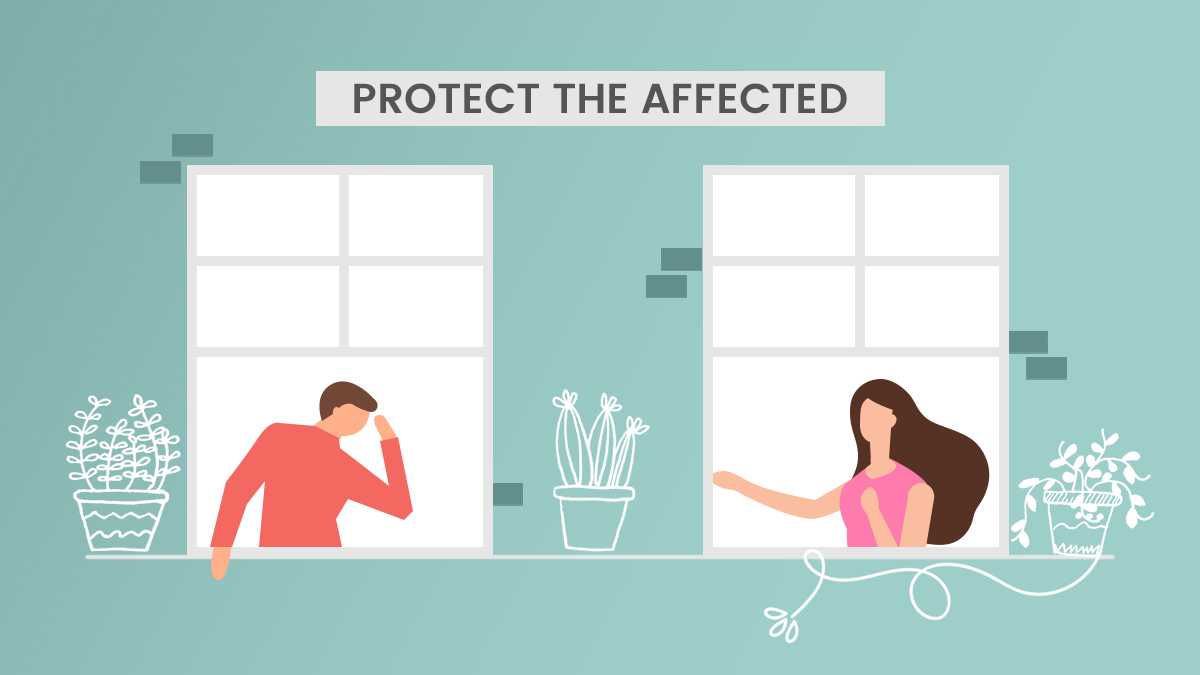
While the infected is suffering from the stigma, maybe inflected by others or self-inflicted, we should be reminded that the people who have been contracted the virus are still people. As said by Kayiteshonga, "Patients should not be referred to as the virus. Do not refer to them as COVID-19 cases, COVID-19 families or COVID-diseased. They are people who have, are being treated or are recovering from COVID-19. Their lives will go on as usual after recovery. They deserve our support, compassion and kindness,".
The virus infects different kinds of people globally and doesn’t choose its target based on any specificity like country of origin, race, or gender, which means anyone can be infected by the virus. It is important that we separate the virus from the individual, and to not mistreat people who are infected by the virus or their families, as Kayiteshonga advised the masses.
Avoid Unhealthy Coping Methods
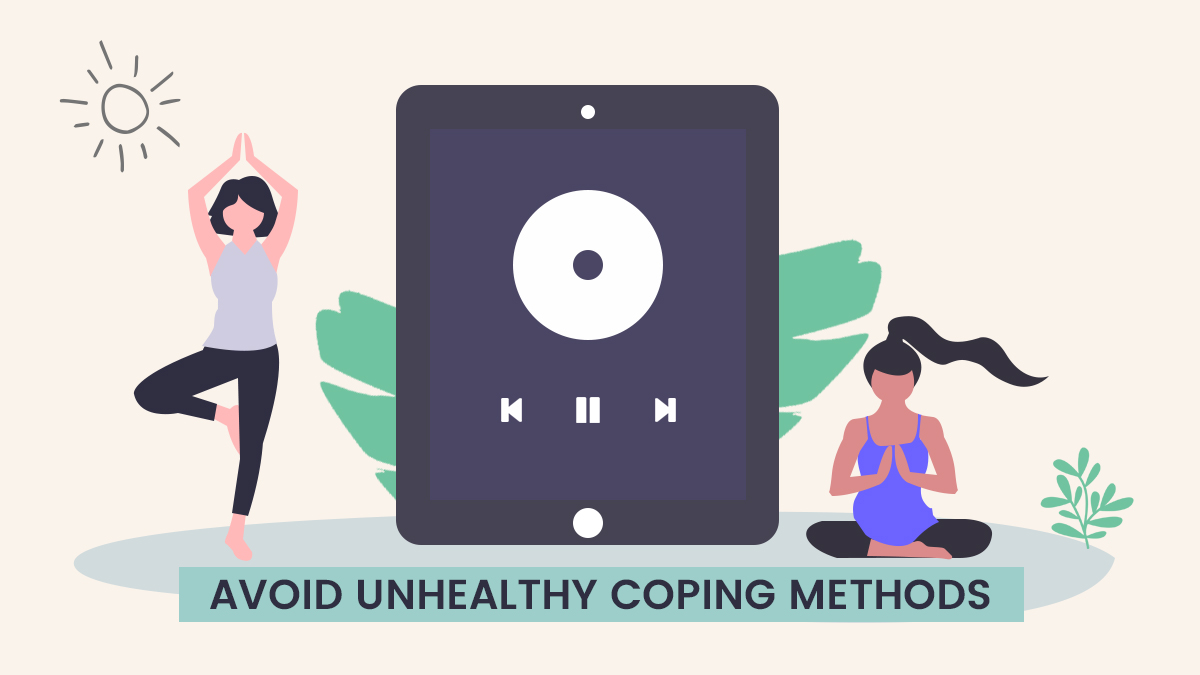
It is important for the people to use healthy coping mechanisms in managing the stress, confusion, anger or fear caused by the outbreak. Instead of using unhealthy coping methods like smoking, excessive drinking, excessive social media which may lead you to feel overwhelmed, you can perhaps call a health worker or your religious leader to help you navigate the challenges, as Kayiteshonga advised.
Try to focus on the things you can manage or control, including your feelings. There are a lot of websites that provide a guide to help you manage anxiety.
You can also reach out to your family and friends and talk about your worries. They may share the same feelings that you have and you can discuss how you can cope with the difficult time. “Avoiding big crowds should not cut communication between friends and loved ones”, she said.
Avoid Rumours

24-hour news and constant social media updates can make you worried. Like any other epidemic, rumors and myths related to the virus continue to circulate that has the potential to cause panic or poor decision-making.
It is important to follow the Ministry of Health and the World Health Organisation guidelines which are currently the only trusted channels of communication, as Kayiteshonga advised.
She furthermore pointed out the value of keeping busy.
"If you are at home, as most people are these days, don't spend all your time in front of the television. Normalise your life. Watch news at least twice a day but spend your time doing other things," she said.
The Power of Prayer
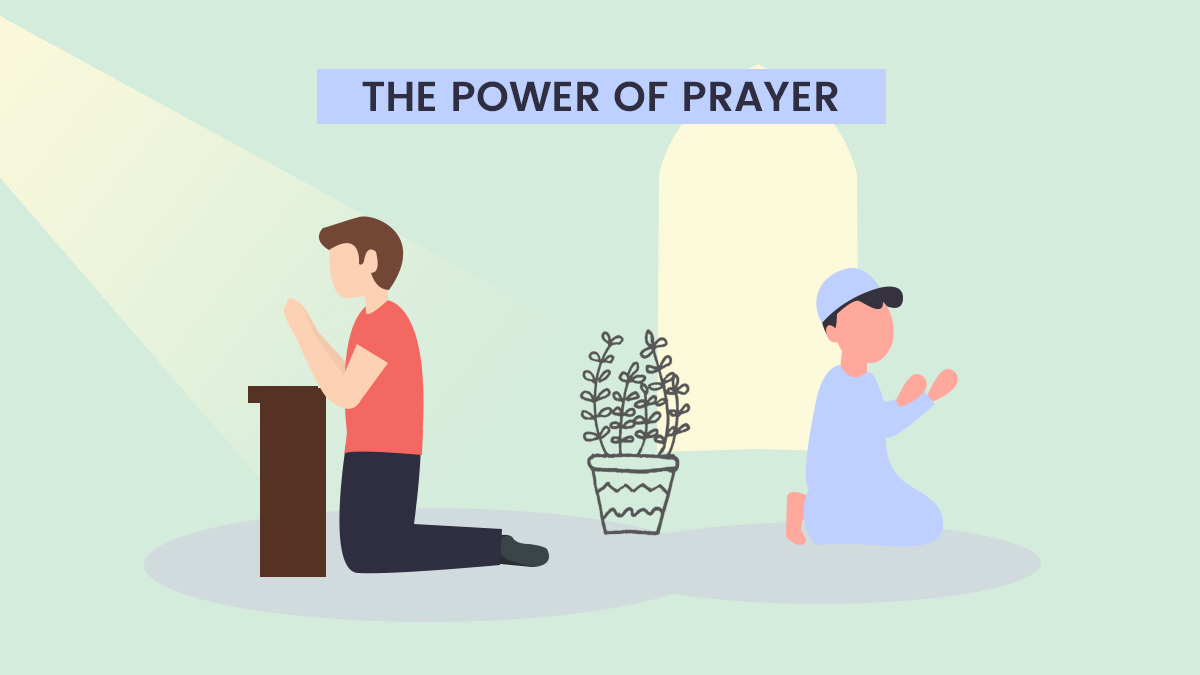
Kayiteshonga said that we can continue praying in the confines of our homes while activities in schools, places of worship, and large gatherings are in directive suspension. This is not to separate us from God but to protect us in a possible way where we can potentially get infected
She further advised believers to continue reading and doing their religious practices from their houses as one of the coping mechanisms.
Attend to Children and Teenagers
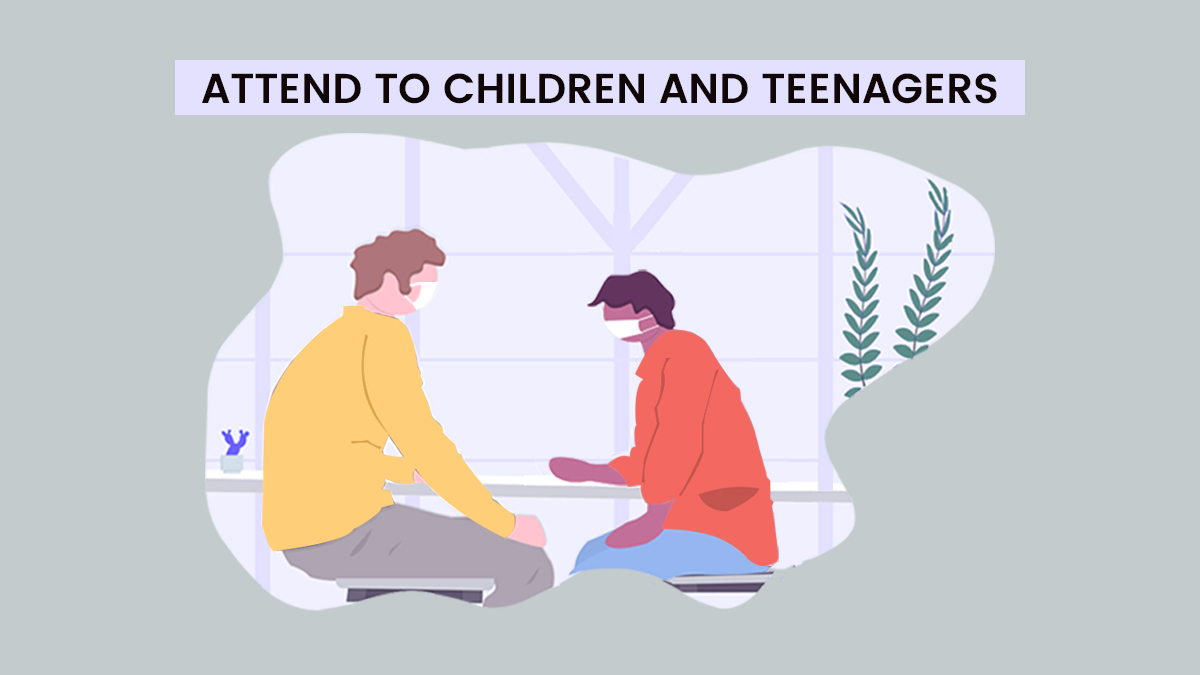
Kayiteshonga advised the parents to make time to attend to their children’s needs. They can respond to questions or simply listen.
Due to the nature of the stage that they are at in their life, teenagers are already dealing with many challenges. This time may have contributed a lot of stress to teenagers that need to be given attention and extra care by parents, as Kayiteshonga said.
She reminded parents that the suspension of classes should not mean stopping to learn.
"Children are not going to school, but they can continue learning. Teach them the right way to wash hands, keeping distance. Teach them something new. Let them utilize this time to continue learning," she said.
Protect the Elderly
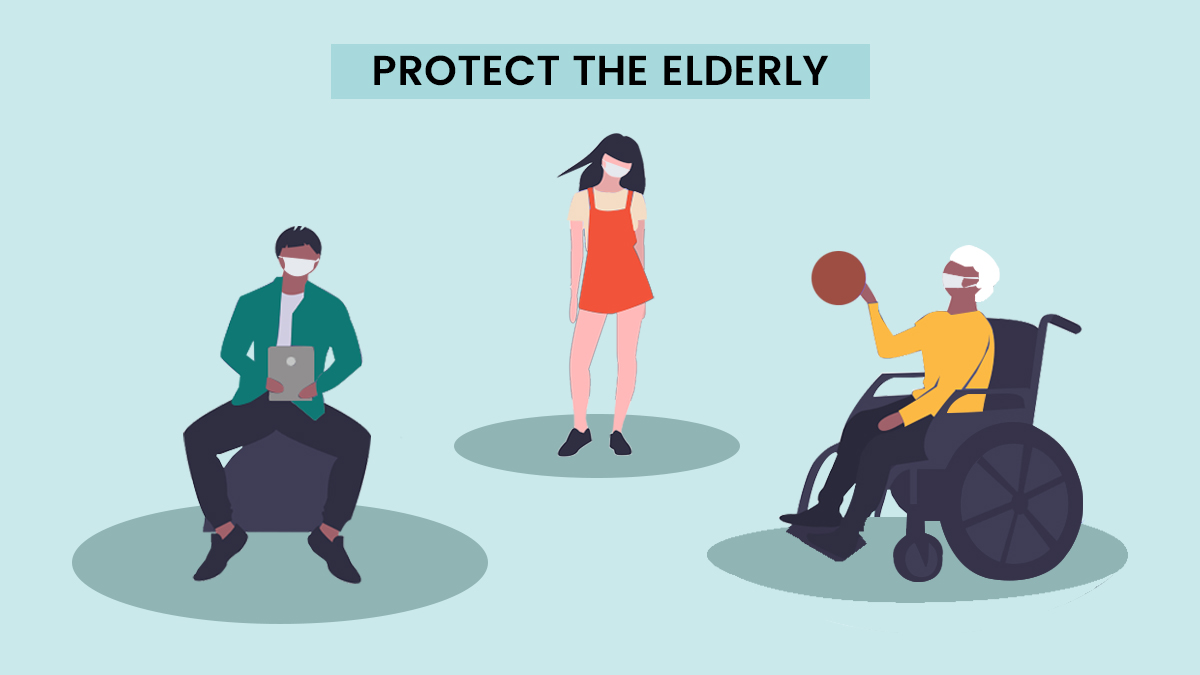
In this time, you can show your love to your elderly parent or your grandparents by avoiding physical contact with them according to the World Health Organization. This is the best way to protect them since they are at the very risk of contracting the virus with potentially fatal results.
Kayiteshonga advises using our phone to keep close contact with them and to ensure that they are not lonely.
"This virus can attack anyone but the elderly are more at risk. Let us keep in touch with them on phone to ensure that they are not lonely and that those who are for instance on medication are taking it," she said.
Deal with Health Worker Burnout
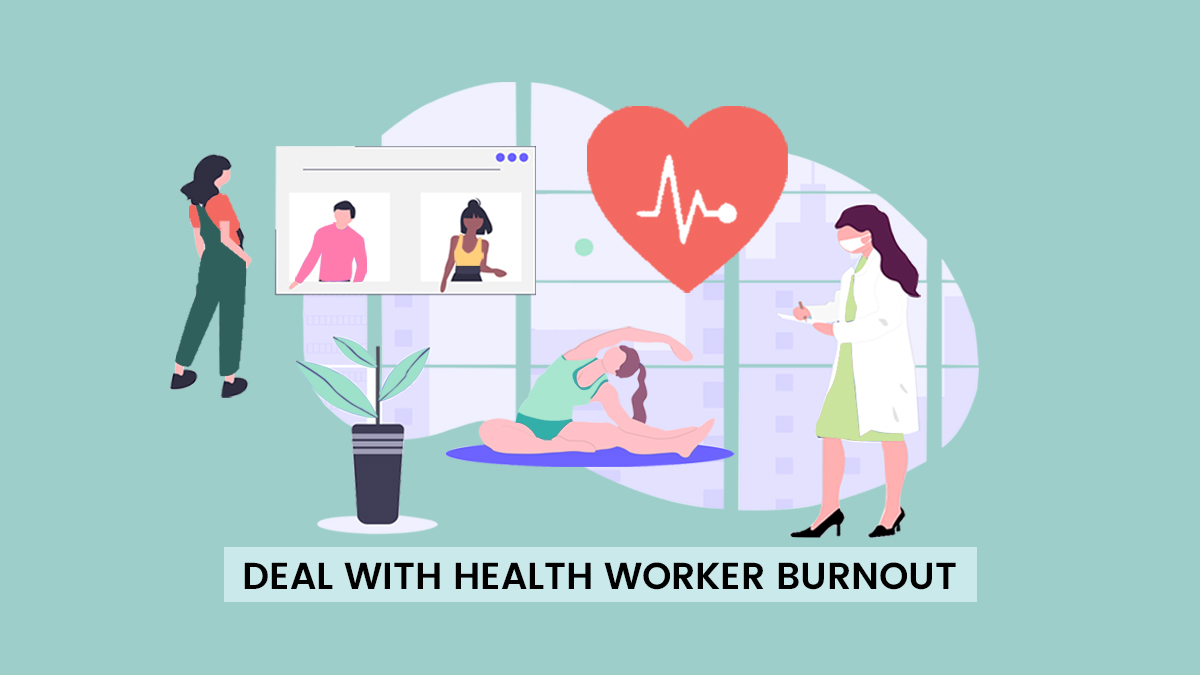
To avoid professional burnout, Kayiteshonga advises health workers who are at the forefront of the outbreak to stick together. They should try to exercise, eat healthy food, sleep enough, and take care of their body. They may also try to talk to their colleagues in order to ease their stress. She also requested the managers to monitor their staff and to provide all the support that they need.
References:
McLeod, S. A. (2010). Stress, illness and the immune system. Simply psychology: https://www.simplypsychology.org/stress-immune.html
Bishumba, Nasra (2020). Rwanda: Covid19 – Seven Tips to Maintain Mental Health Amid Virus Outbreak. The New Times (Kigali): https://www.newtimes.co.rw/news/covid19-seven-tips-maintain-mental-health-amid-virus-outbreak
Search
Latest Posts

Celebrating Holy Week During Home Quarantine
Apr 07, 2020 • Services
Mental Health Consideration in Facing COVID-19
Mar 27, 2020 • Services

